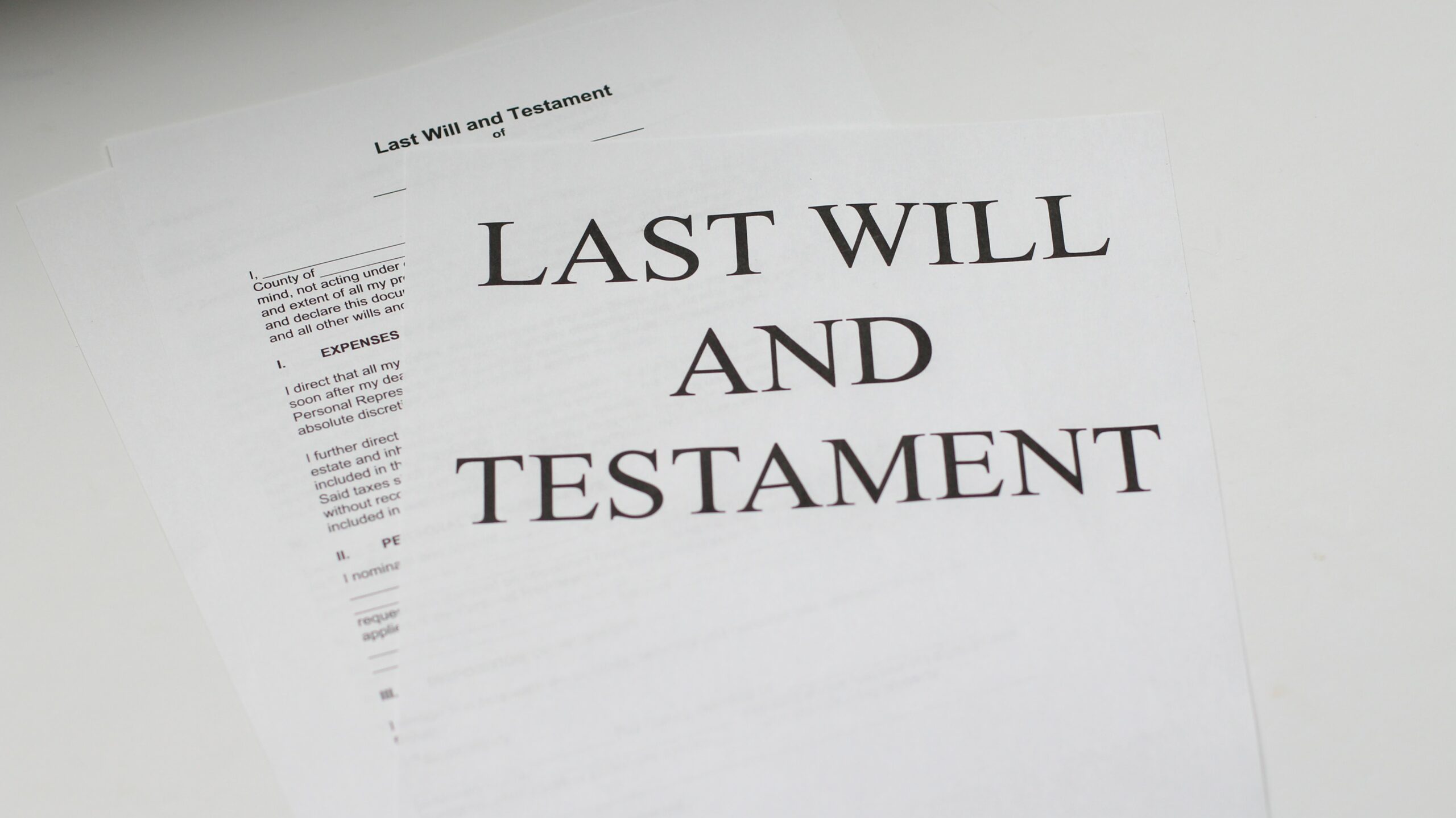An important aspect of LTC planning that reaches beyond your health and care options is your estate or assets. More specifically, after you die, your loved ones will need to know how to divide your belongings and assets. While many people use the terms “will” and “trust” interchangeably, they are not the same thing. Here are some important things to know as you prepare to organize your estate.
First, let’s start with the basic terms, then dive a little deeper into the details. By definition, a will is a simple legal document that states who gets what after a person dies. Usually, an executor is named in the will and he or she is in charge of locating the persons named in the will, the items listed, paying any debts, filing necessary paperwork (there’s a lot!) and following the will’s instructions with regard to disbursement of the items or monies named in the will.

A trust, on the other hand, involves a third party, or legal “holder” of the deceased person’s estate, starting at the time the document is signed and legally filed with a court. In effect, the creator of a trust is transferring ownership of his or her assets and belongings to the trust. This third-party “holding” allows them to be directly transferred to those named in the trust upon the owner’s death and avoids the probate process (see below). If it sounds a little scary to transfer ownership of your assets while you are still alive, don’t worry. A “revocable trust” can be altered at any time by the owner of the trust while he or she is still living. Another type of trust, an irrevocable trust, is less common, but essentially means that once the irrevocable trust is signed and the owners’ assets are transferred to it, the ownership cannot be undone. Does this mean you will lose your house if you create an irrevocable trust? In short, no.

One of the primary differences between a will and an estate is when they are activated. A will becomes activated upon the owner’s death, but a trust is a living document that is in effect once it is signed by the creator. However, it can be altered or changed while the creator is still alive.
Another key difference between a will and a trust: A will requires the probate process before assets can be distributed, and a trust does not. According to Investopedia, probate is “a legal process in which the validity and authenticity of a will are determined.” Often a lengthy and expensive process, probate takes anywhere from 6-12 months, but sometimes much longer if there are complications that arise, such as real estate holdings not in the county of residence. Probate courts review the will and a probate lawyer is paid by the estate for completing the legal filings the process requires.
Trusts do not require probate. This means that assets and items can be transferred almost immediately. Also, a trust gives the deceased person some control over their estate going forward. For example, an item or amount of money can be designated for future disbursement when the specified details are fulfilled. For example, if someone dies and leaves $100,000 to her son upon reaching the age of 25, the trust retains ownership of the money until the son turns 25, and then it is dispersed.

Which one is best for you? That question is probably best answered by an estate attorney or your financial planner. If you are thinking about LTC options, including retirement, it might also be time to have your estate squared away so that your heirs can enjoy what you have chosen to leave them without unnecessary hassles that dying without a will or trust can cause.




